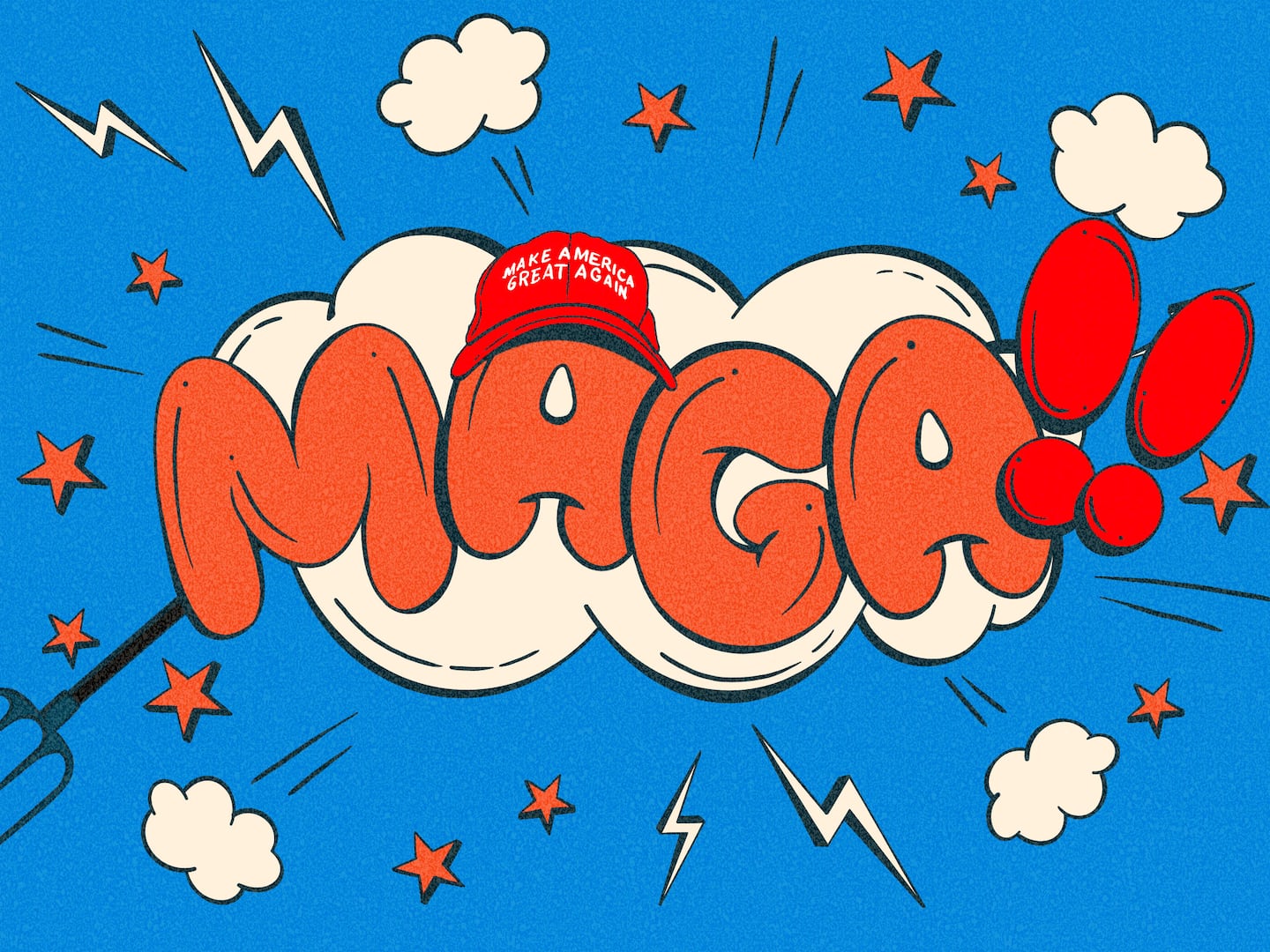Innovation
Photo Illustration by Erin O'Flynn/The Daily Beast/Getty
Inside the Bungled FDA Approval of a Once-Hyped ALS Drug
THINK TWICE
Depending on who you talk to, Relyvrio is either a game-changing treatment, or a cautionary tale against putting the proverbial cart before the horse.

Trending Now




